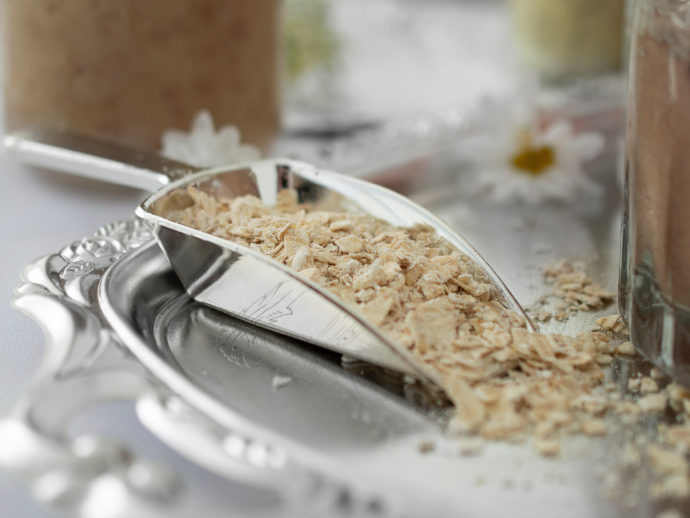Simple and powerful changes
Cancer researchers spend hundreds of millions of dollars every year looking for a cure, but we have yet to discover a bulletproof prescription for prevention. The research does, however, offer practical and easy-to-follow guidelines for reducing your cancer risk from the hour you wake up to the minute you go to bed.
To breakfast and beyond
What you eat is key. Here are some these anticancer meal-planning tips.
- Eat whole grain bread, cereal, rice and pasta, which are rich in antioxidants, vitamins, minerals and fiber.
- Focus on meat-free proteins like beans, lentils, eggs, nuts, seeds and tofu.
- If you eat meat, opt for fish or organic lean meat.
- Limit red meat intake to fewer than three 3 oz (85 g) servings per week.
- Avoid salami, ham and other processed meat, which contain known carcinogens.
- Avoid alcohol. Hundreds of studies have connected alcohol consumption to cancer development.
- Green tea is a smart choice. Studies suggest it reduces the risk of prostate cancer, lung cancer, colon cancer and more.
The daily commute
The World Health Organization’s International Agency for Research on Cancer has officially classified dirty air as a carcinogen, putting it on the same list as cigarette smoke. These daily commute tips will cut your exposure to cancer-causing air pollution.
- Drive with the windows up.
- Avoid freeways if possible. Air pollution on freeways can be 10 times higher than on other roads.
- Press the recirculate button on your car’s ventilation system. By recirculating air inside the car, you reduce the amount of in-car air pollution to just 20 percent of on-road pollution levels. In contrast, not recirculating the air exposes you to 80 percent of on-road air pollution.
- Take public transit or carpool with others. This minimizes the number of vehicles that contribute to poor air quality.
Cancer-free cubicles
You can take control of your office environment to minimize some cancer risk factors.
- Clear the air with houseplants. Spider plants and golden pothos filter out formaldehyde, while gerbera daisies and chrysanthemums remove benzene from the air.
- Stand up and move. If you have a desk job, make an effort to stand up, stretch and walk around every hour. Constant sitting increases your risk of cancer.
- Watch out for sugary office snacks. High-sugar diets may make us more likely to develop esophageal cancer. Plus, they increase the risk of diabetes and obesity, which also heighten cancer risk.
Get your ZZZs
Lack of sleep ups our risk of colorectal cancer, breast cancer, prostate cancer and more. Aim for seven or eight hours of sleep a night. Unplug from electronics in the bedroom, as bright screens from smartphones and other gadgets mess with the brain’s production of sleep hormones.
Look on the bright side
Cancer and other life challenges can feel dark, heavy and scary. Whatever you’re facing, feel empowered to do what you can to take control of your health.

